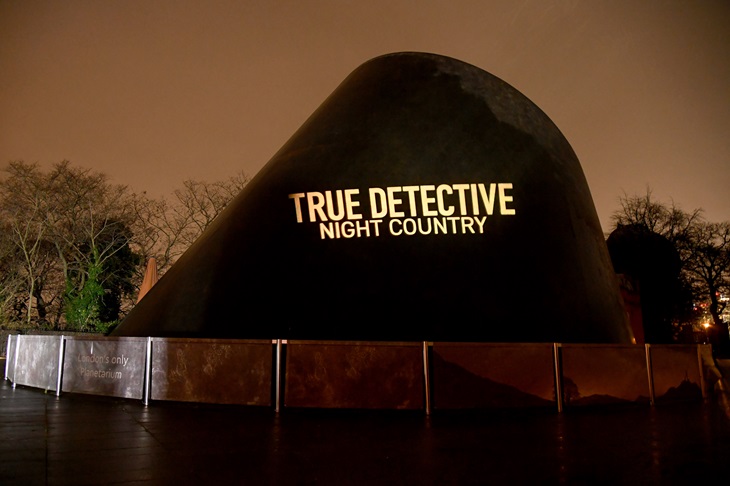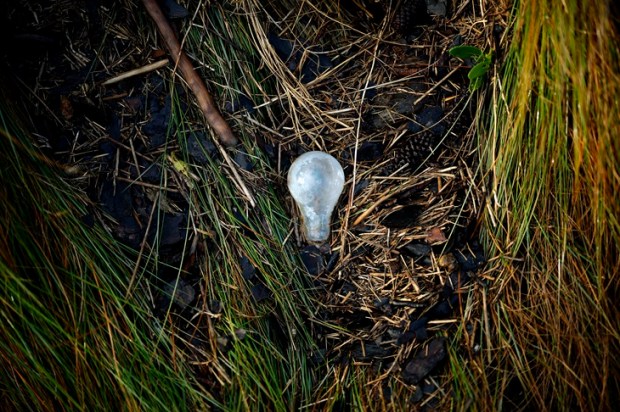Because of their prolonged darkness, the polar regions have long been preferred settings for mystery and horror stories. John Carpenter knew this all too well. The visionary director took full advantage of this existential despair with his science fiction horror film The Thing (1982). One of the best ‘body horror’ movies of its era, Carpenter used the desolate frozen landscape to emphasise the growing suspicion among Kurt Russell’s group of survivors as they were being picked off one by one by a terrifying, shape-shifting alien.
Which brings me nicely to True Detective’s fourth instalment, Night Country.
Already a subscriber? Log in
Subscribe for just $2 a week
Try a month of The Spectator Australia absolutely free and without commitment. Not only that but – if you choose to continue – you’ll pay just $2 a week for your first year.
- Unlimited access to spectator.com.au and app
- The weekly edition on the Spectator Australia app
- Spectator podcasts and newsletters
- Full access to spectator.co.uk


























Comments
Don't miss out
Join the conversation with other Spectator Australia readers. Subscribe to leave a comment.
SUBSCRIBEAlready a subscriber? Log in